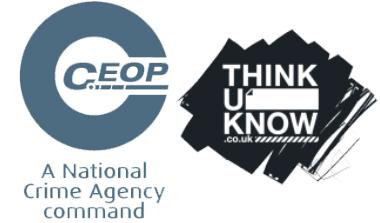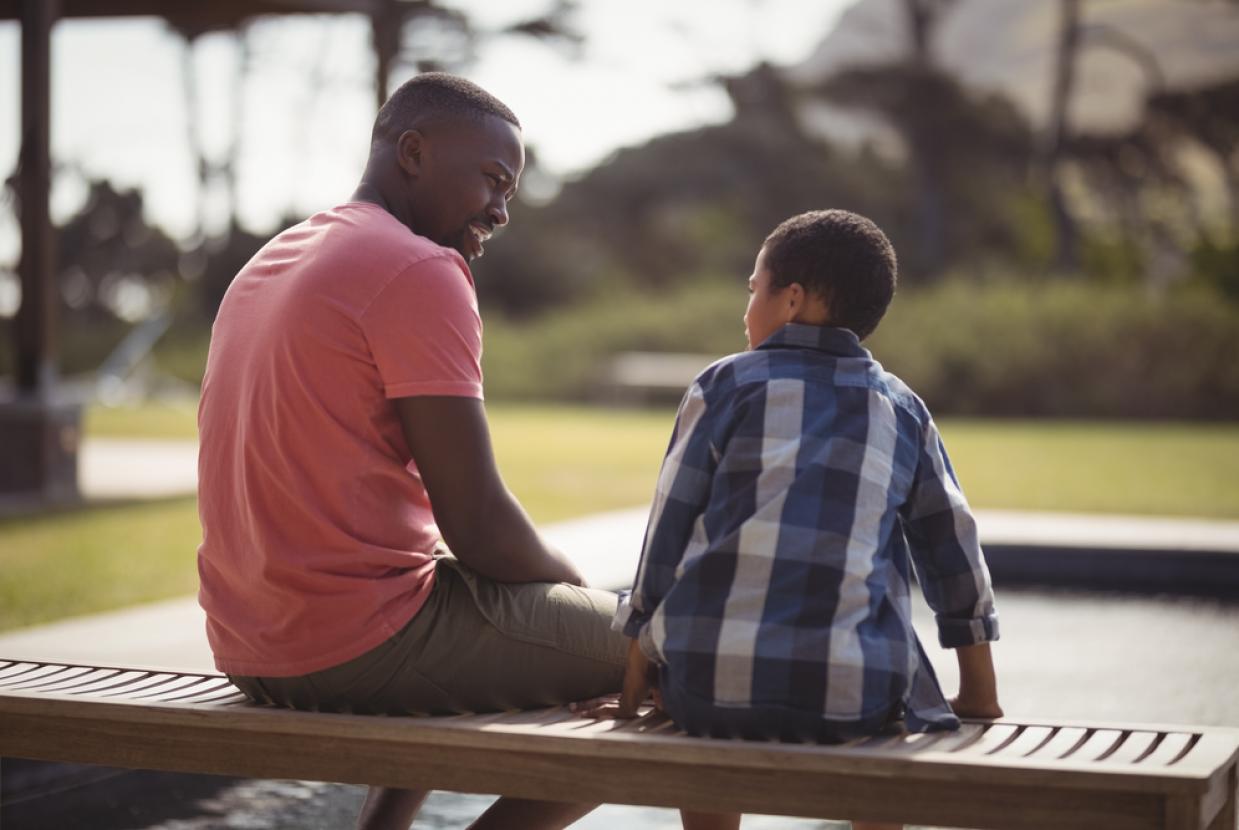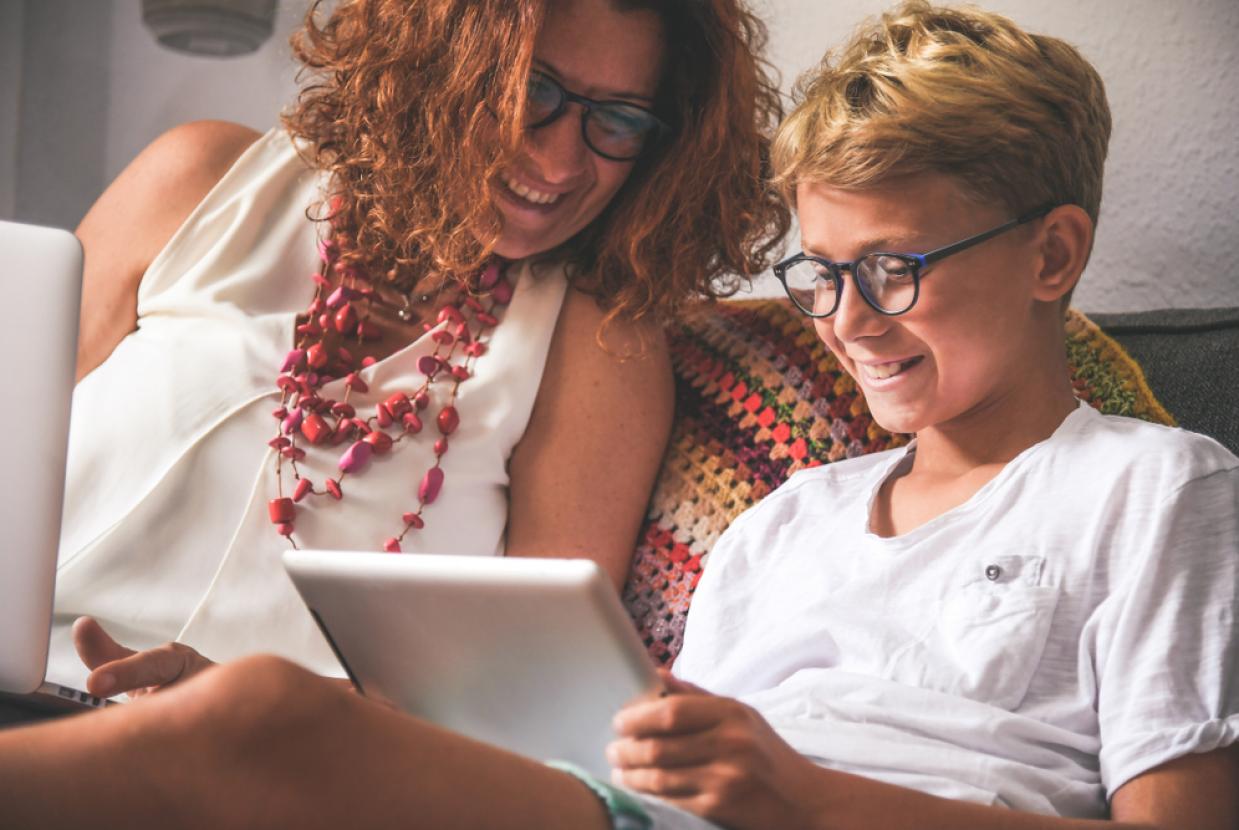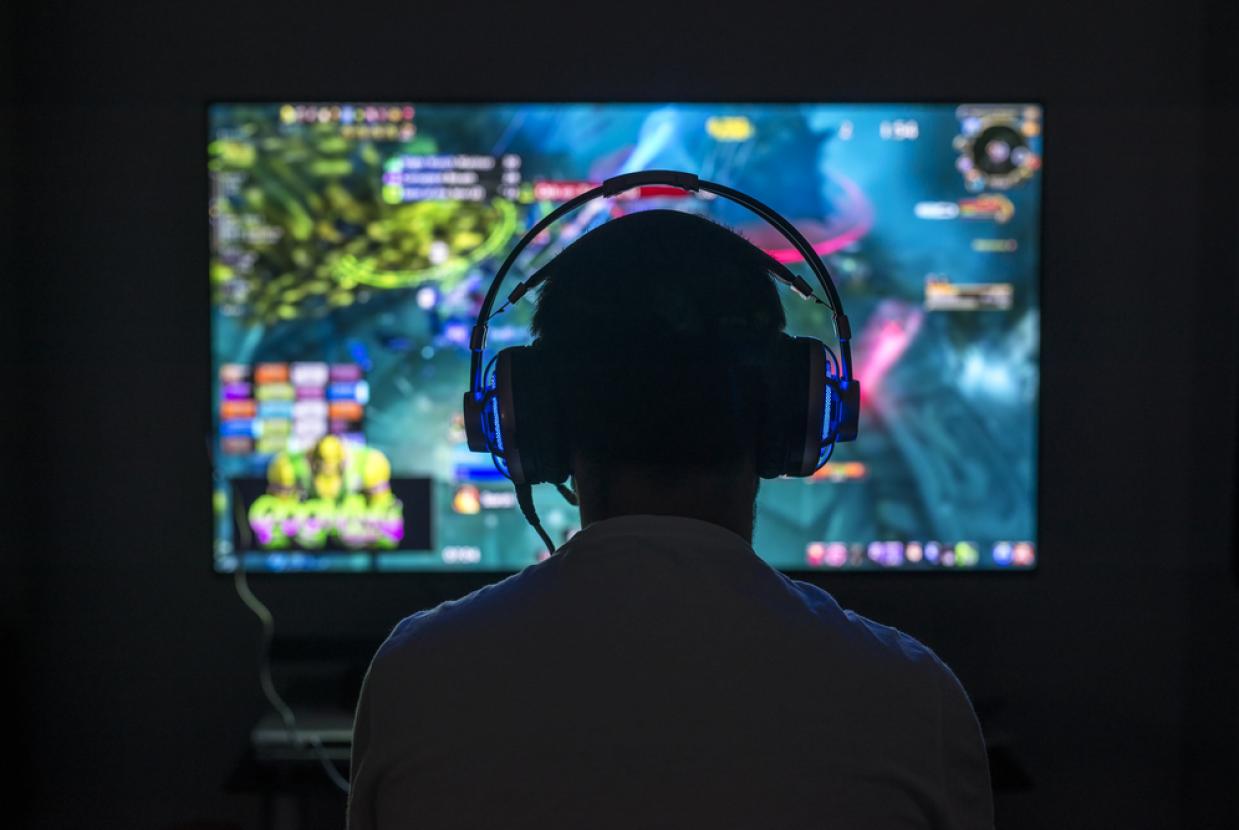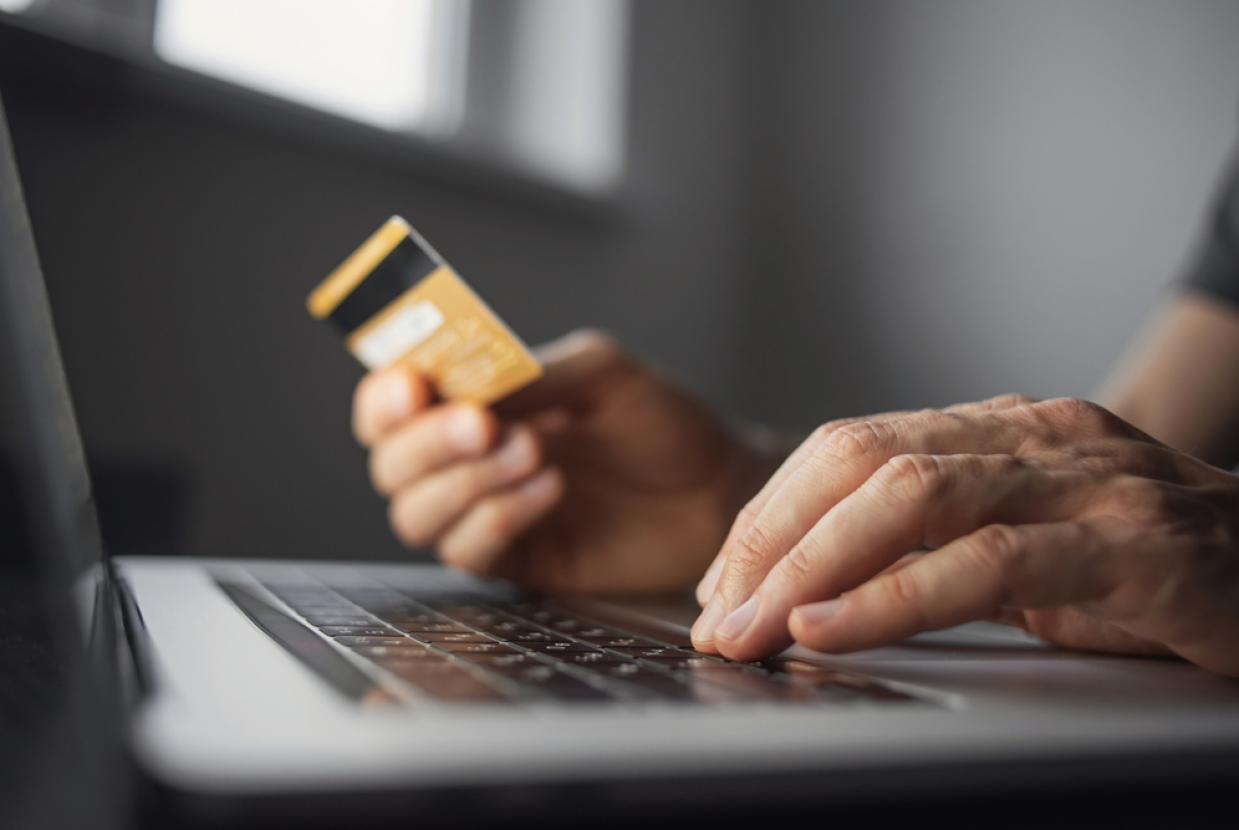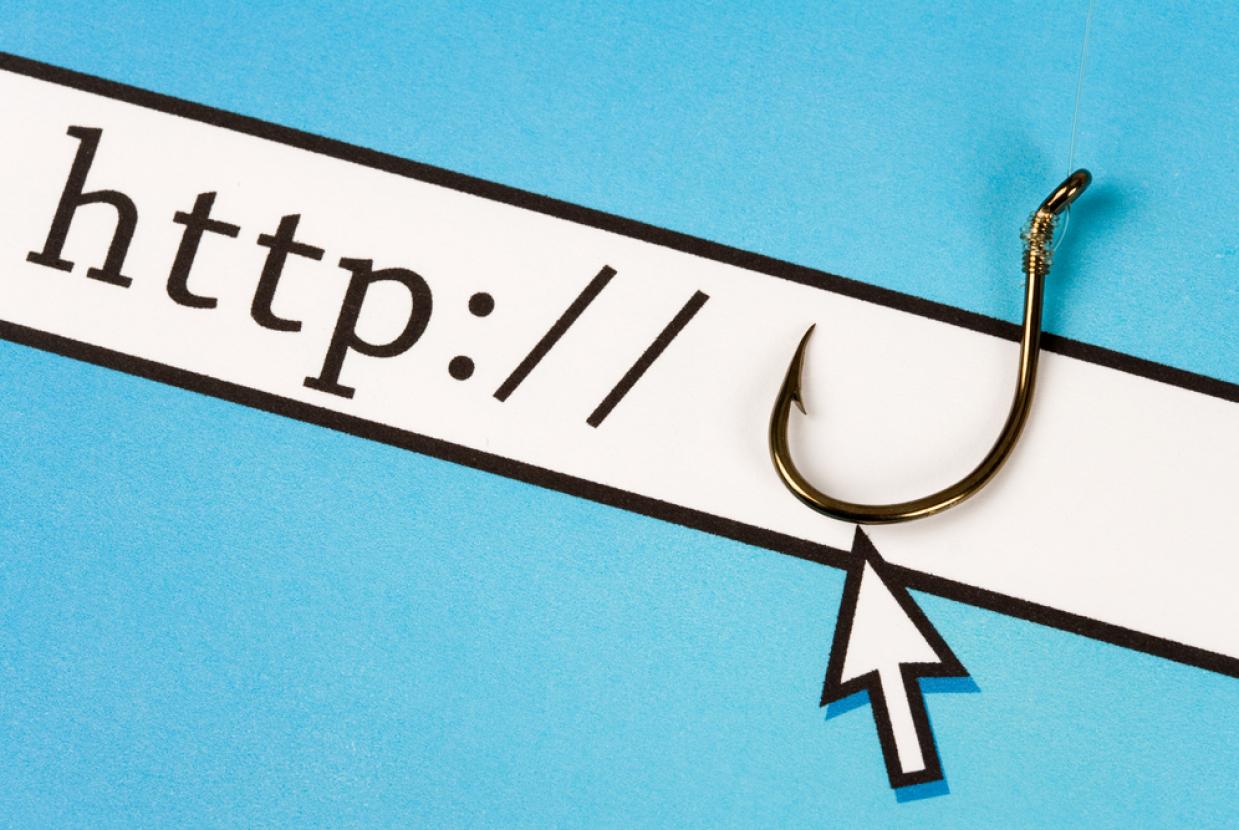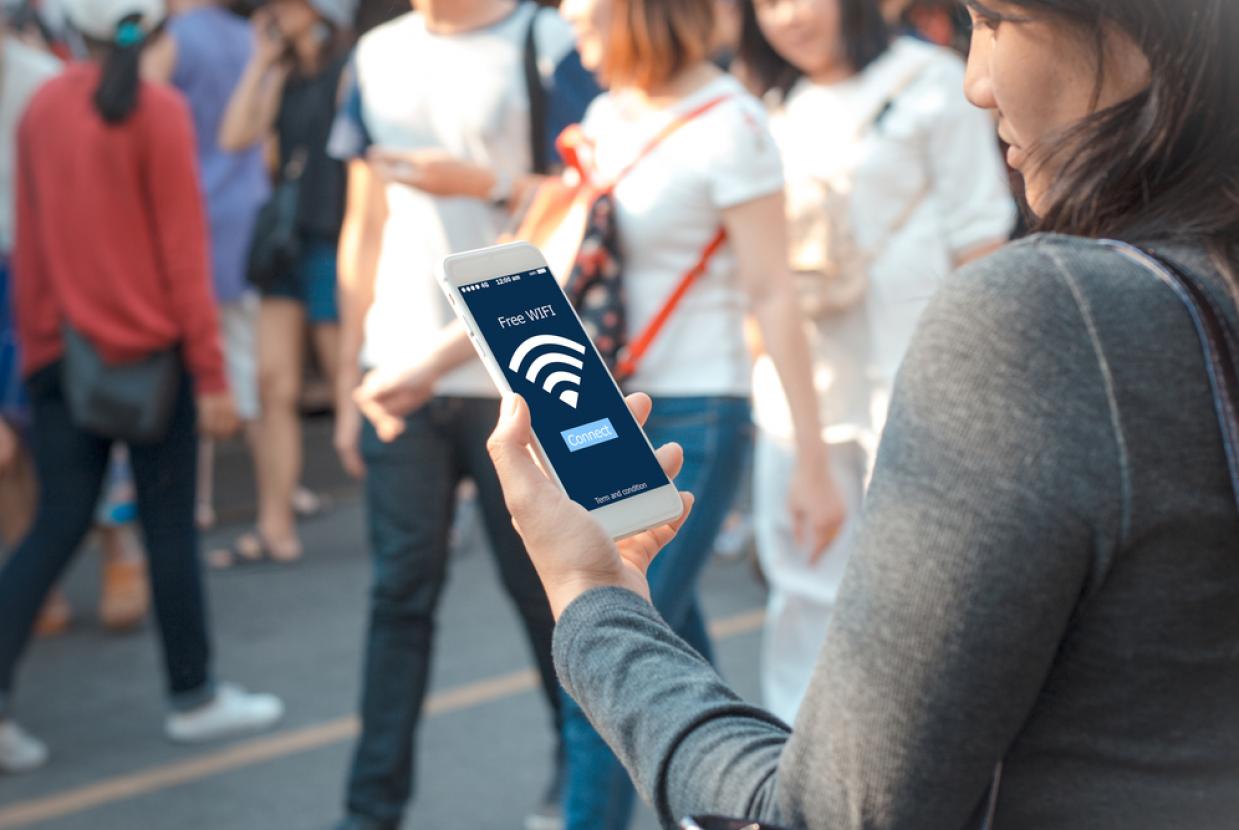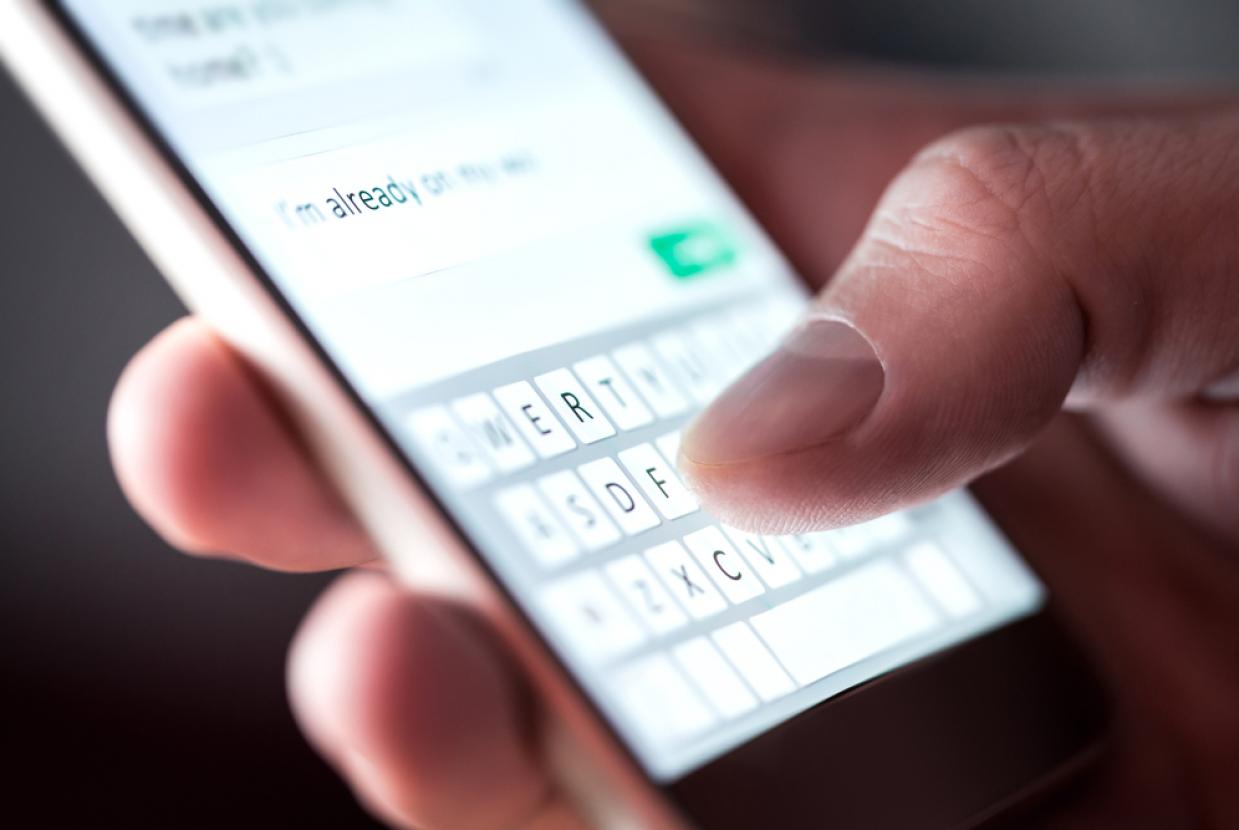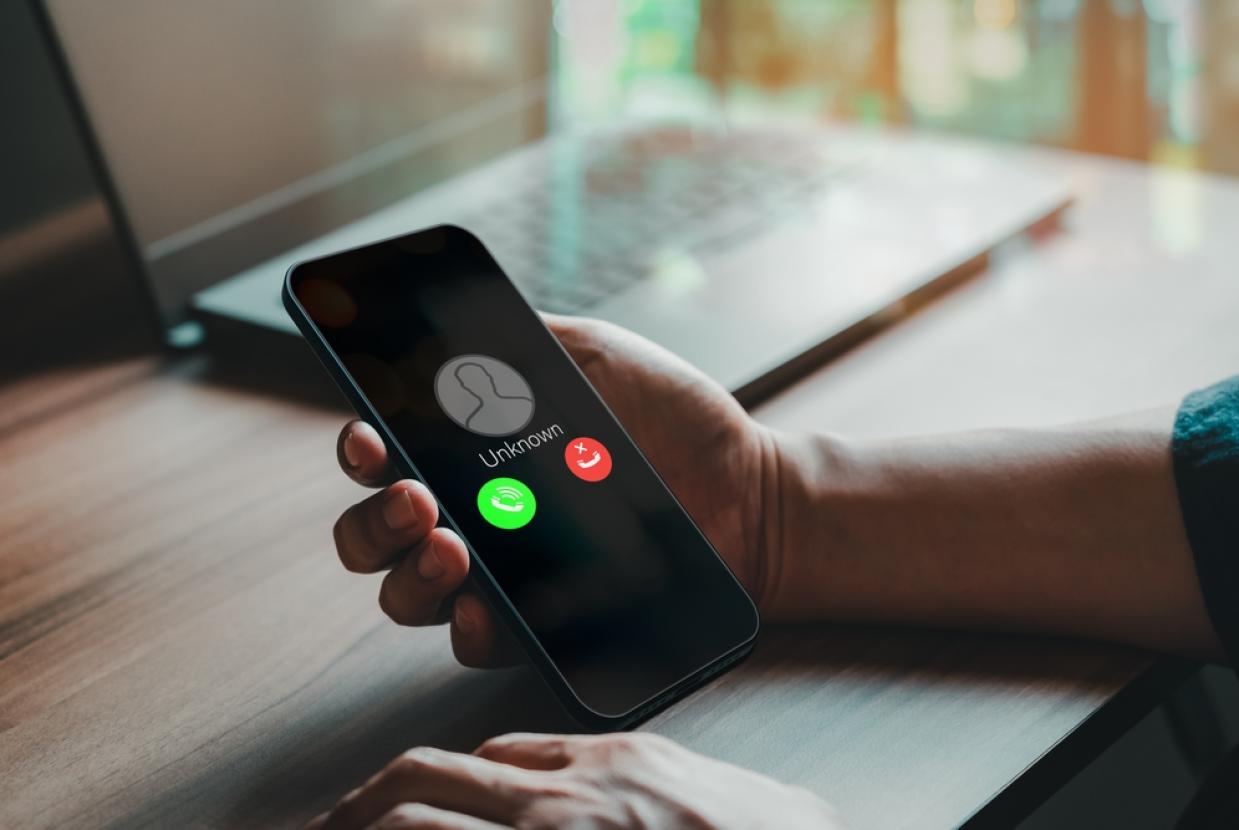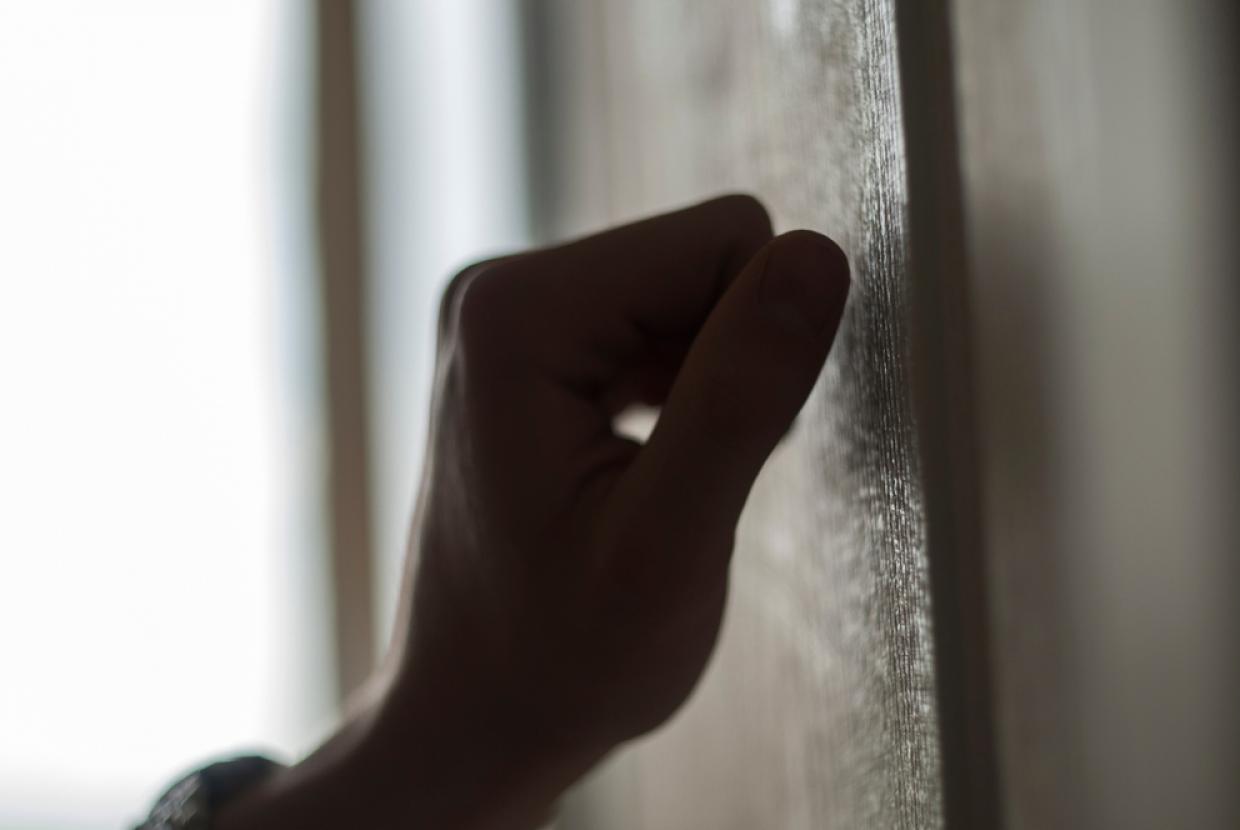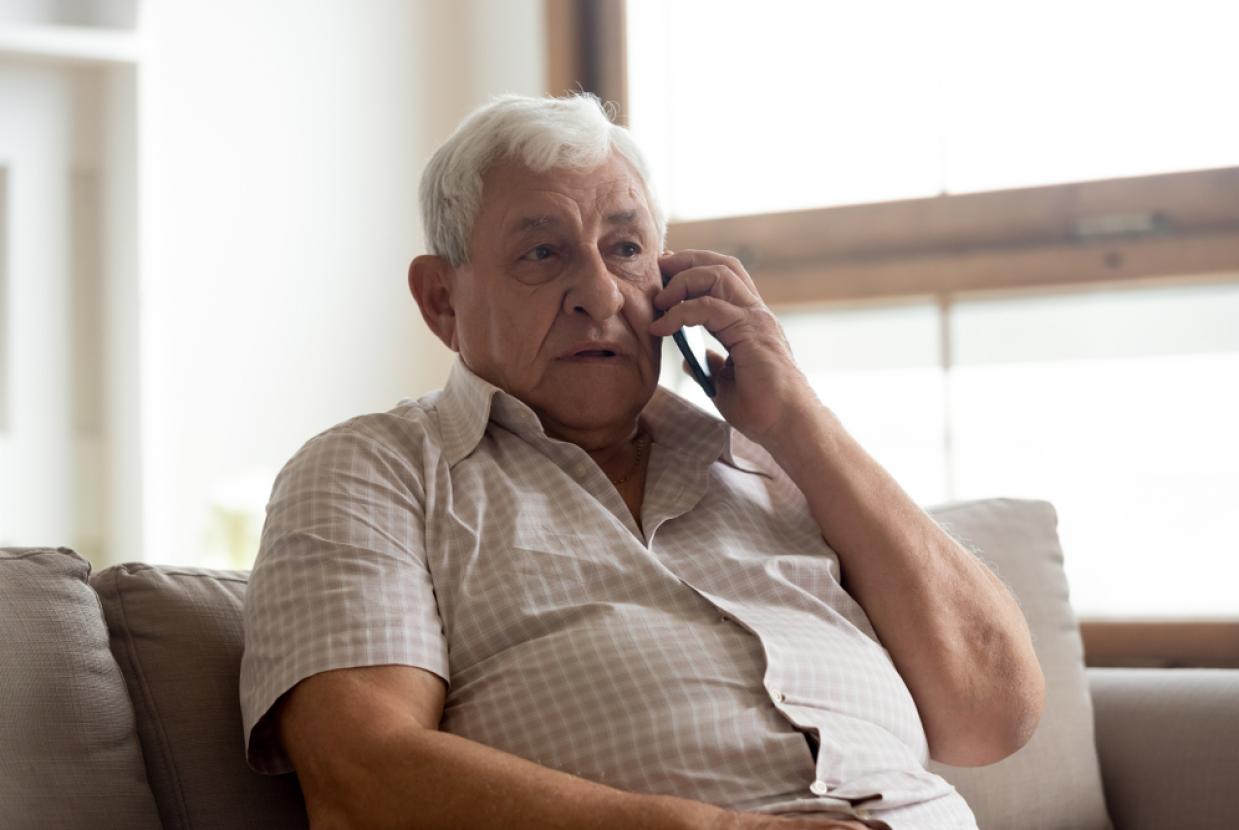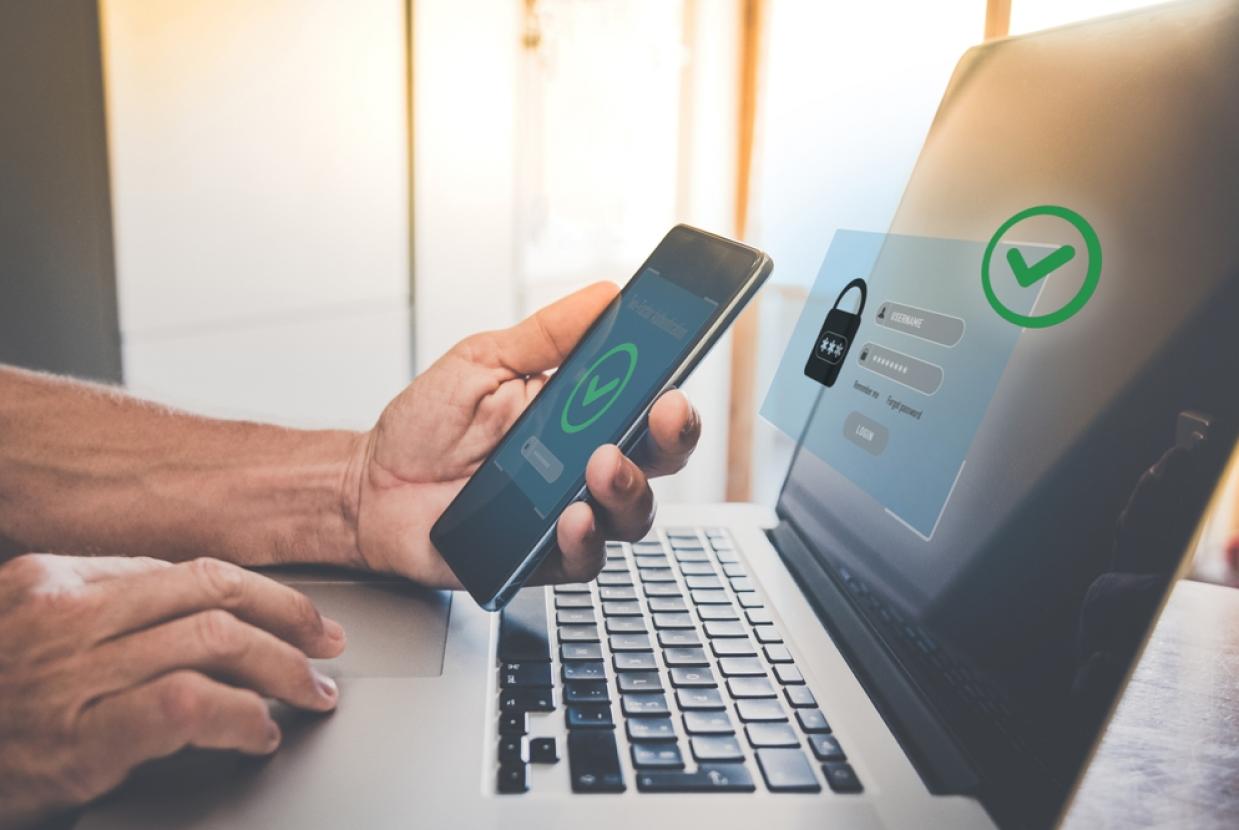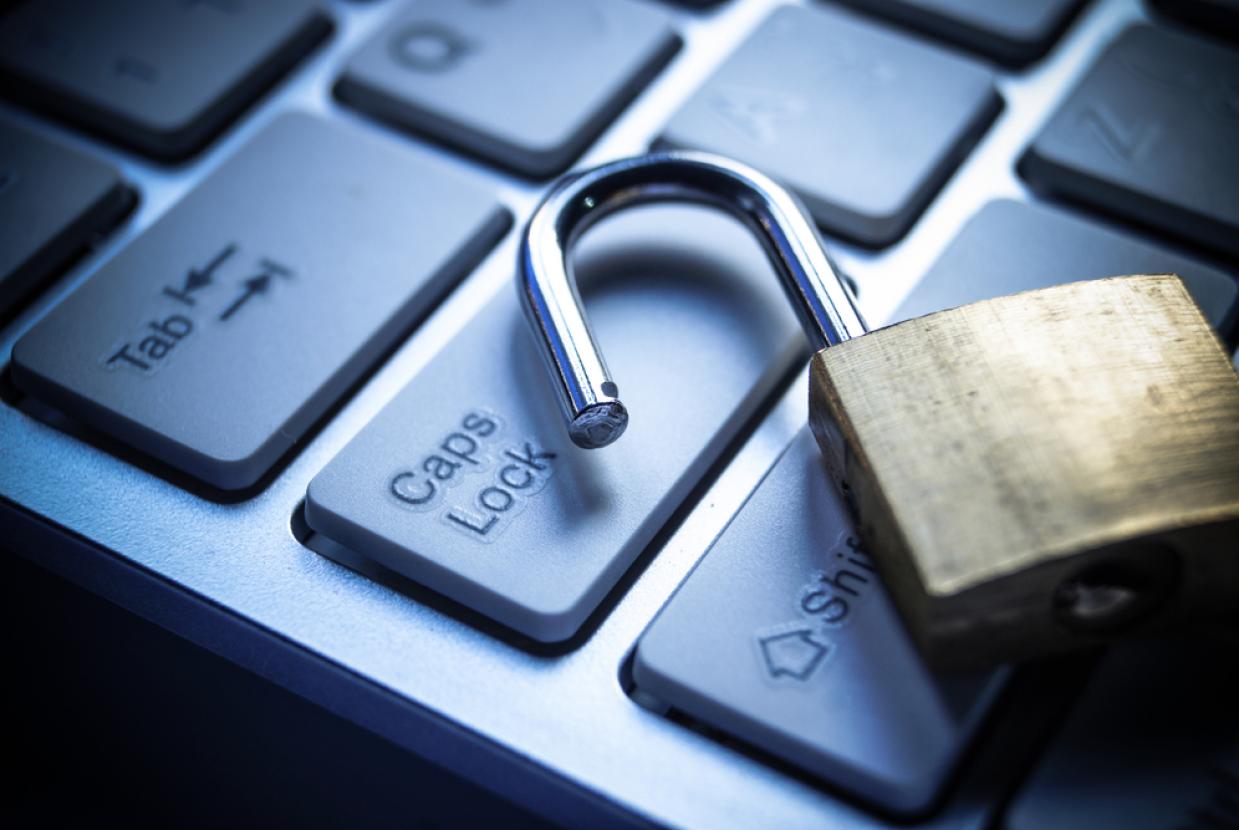Is your child ready for social media?
Cyber Security / Family HealthChildren love to socialise and as they get older, they will want to stay in touch with their friends online. In this article, we look at how you can help them make those first steps into social media a positive experience.
There are lots of social media websites and apps that people use to chat, comment, share pictures and game with their friends.
Many parents and carers wonder when is the best age to let their child have a social media account. Some don’t want their children to have underage accounts. Others may have decided their child is not quite ready for social networking, even if their child is begging them. Once children reach secondary school, they’re likely to come under growing peer pressure to stay in touch with friends online.
If you are thinking about social media for your child, what should you consider and how can you help and support them?
What are the risks?
- Inappropriate content. Anybody can post and share videos, pictures, or ideas on social media. This means children may see things they don’t want to, including sexual or violent content.
- Inappropriate behaviour. Children, like adults, can feel more confident when they are online as they feel protected by the screen. This can result in them, or their friends, saying or doing something they’d be less likely to do offline, including oversharing.
- Over-sharing. Social media lets people share information about who they are and what they like doing – with lots of different people. It’s easy to share things online that we wouldn’t face-to-face. Once something has been shared, you can never be sure who has seen it, saved it, or shared it.
- Making friends with people they don’t know. Chatting and meeting new people is the main reason that most social media services exist. This opens up the opportunities for adults to contact children online. It’s also easy to set up fake profiles, and some adults may even pretend to be children when they’re much older. This makes it hard to tell the difference between someone who’s genuine and a fake. Some people online, can also put pressure on children or manipulate them into doing something they don’t want to do.
Is your child ready?
The age of your child as well as their developmental stage and maturity can affect their ability to have a safe and positive experience of social media.
Minimum age requirements
Most of the popular social media services require users to be at least 13 years of age before they can register, although some sites are created especially for children under 13 (see Internet Matters’ Social networks made for children).
The age requirements are there because of data protection laws. Online services are not allowed to collect or store children’s personal information if they are under the age of 13. Data protection laws also say that only children aged 13 and over can sign up to online services without parental permission.
Following the age restrictions sets a good example for your child. Although the age requirement doesn’t always mean the site is inappropriate for children to use, it’s a good indication, especially for younger children.
Development and maturity.
It’s important to think about your child’s current social and emotional skills and their maturity. This will help you to decide if they can deal with the pressures, risks, emotions and unpredictable nature of using social media and use it responsibly.
Here are some things to think about, with your child, when making the decision.
What are their social skills like? Social media is a great way to stay in touch with friends, but children who struggle with social interaction offline, may find online friendships difficult. There are fewer visual cues online, so it can be difficult to tell if something is inappropriate. Added to this, the boundaries of what is acceptable behaviour might be very different online to offline. Children who struggle with self-regulation or peer pressure, may not be ready yet.
How do they deal with negative experiences? As outlined in the risks above, children may see or experience things they don't want to on social media, including embarrassing pictures, mean comments, and inappropriate content and people. If your child gets very upset or anxious because of a negative experience, they may not be ready yet.
Will they come to you if they need help? When they set up their social media account, you will probably want to come to an agreement about how they use it and supervise their online activity. But you also want them to feel they can come to you, if they are ever worried about something they have experienced on social media. If you are worried that your child won’t come to you, if they need help, they may not be ready yet.
Are you ready?
Check out the social media site or app. Before you or your child sign up to a social media account, make sure you check it out, including the age requirements, and are aware of any potential risks. O2 and NSPCC’s Net Aware can help with this, as it has information on many of the popular apps or sites children or young people are using.
Take time to be proactive. Be prepared to spend time with your child online, and support them as they take their first steps. The safest way to introduce them to social media, is to find a site or app you can use together. This way you can be online with them, as they learn, which builds trust and means you share the experience with them. It’s a good idea to get to know your child’s friends, both on and offline. Be available to answer questions or address any concerns they may have. Also be ready to reinforce any rules or boundaries when needed.
Be a great role model. Children learn from those around them, so what you do on social media will influence their online behaviour. Make sure your social media accounts are a good example to your child, by taking some time to check your friendships, privacy settings and the things you have posted. For example, you could ask your child’s permission to post pictures of them on your account, to encourage them to do the same with others.
If you don’t have a social media account, involve other family members or friends, so your child has someone else they can be guided by.
Getting started with social media
Talk honestly with your child. The best way to prepare your child for using social media is to talk about it before they create an account. Let them know you want to support them as they begin to explore, and that they can come to you if they have any worries or problems. Talk about any worries you might have, and why, especially if you think they may not be ready yet. Be honest with them about the age requirements and why they are there, and why it’s important to follow them.
Explore together. Once you have agreed which social media site or app they can use, explore it together. Look at the privacy settings and talk with them about how they can use it safely. Look through online profiles together and talk about how people behave online, fake profiles, what’s appropriate and what good friendship looks like online.
Make an agreement. Come to an agreement you are both comfortable with about how they can use social media. This should include how they choose their friends, the things they can post, and how often they can use it. You should also agree how to supervise their online activity. Some parents and carers become friends or decide to follow their child’s social media account. Others agree to regular checks where they go through the social media account with their child.
For more information on safe social media use - click here.


